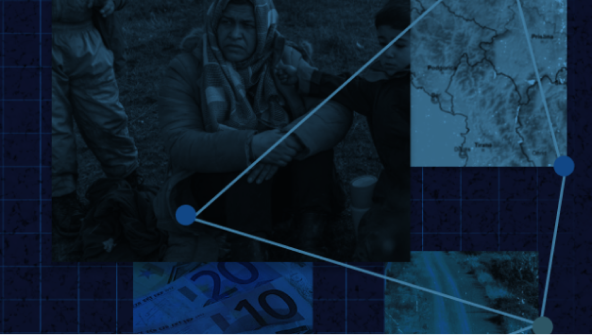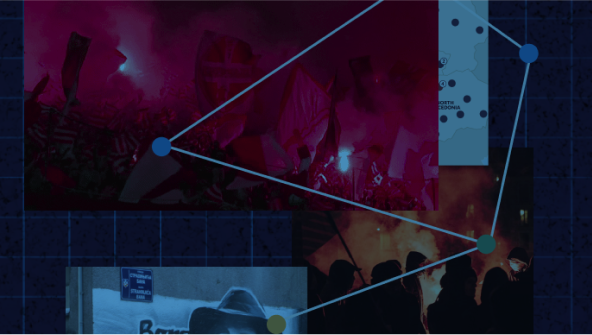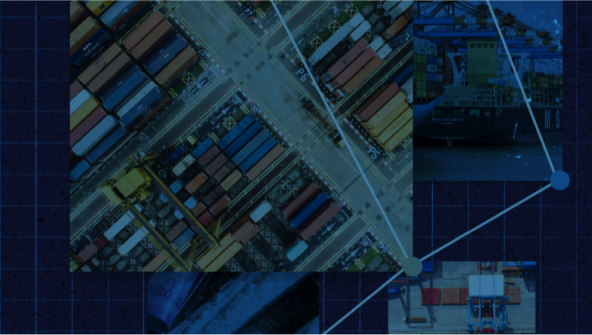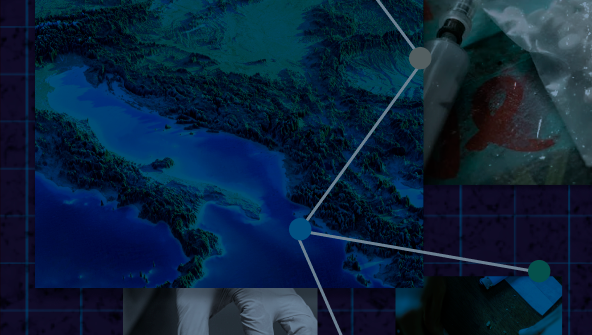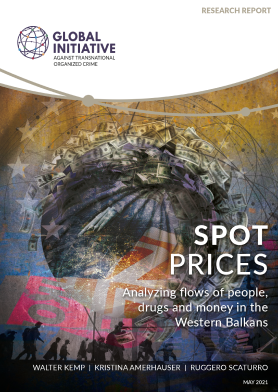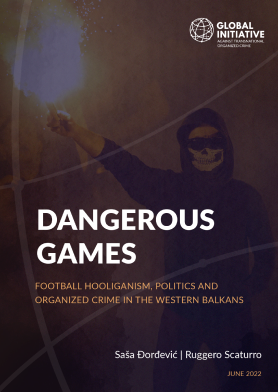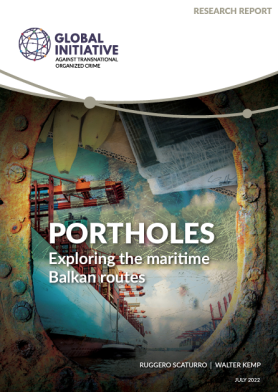Reports
Spot Prices
Analyzing flows of people, drugs and money in the Western Balkans
The Western Balkans is a crossroads for the trafficking of many illicit commodities, and it is a geographical hub for the smuggling of migrants who are trying to enter Western Europe.
Read moreDangerous games
Football hooliganism, politics and organized crime in the Western Balkans
Football hooliganism has received considerable attention from sociologists and anthropologists, who analyze its cultural aspects, and the police, who look at how to prevent and control it. However, few studies have considered the relationship between football hooliganism and organized crime.
Read morePortholes
Exploring the maritime Balkan routes
Despite the prevalence of trade over land, South Eastern Europe (SEE) also contains more than a hundred ports and 12 container terminals, which are important entry and exit points for trade in the Adriatic, Aegean, Black and Ionian Seas, as well as along the Danube.
Read moreThe See Obs
The GI-TOC's Observatory of Illicit Economies in South Eastern Europe is a platform that connects and empowers civil society actors in Albania, Bosnia and Herzegovina, Kosovo, Montenegro, North Macedonia and Serbia.
The Observatory aims to enable civil society to identify, analyze and map criminal trends, and their impact on illicit flows, governance, development, interethnic relations, security and the rule of law, and supports them in their monitoring of national dynamics and wider regional and international organized-crime trends.
The Observatory was launched as an outcome of the 2018 Western Balkans Summit in London, a part of the Berlin Process.
Read More